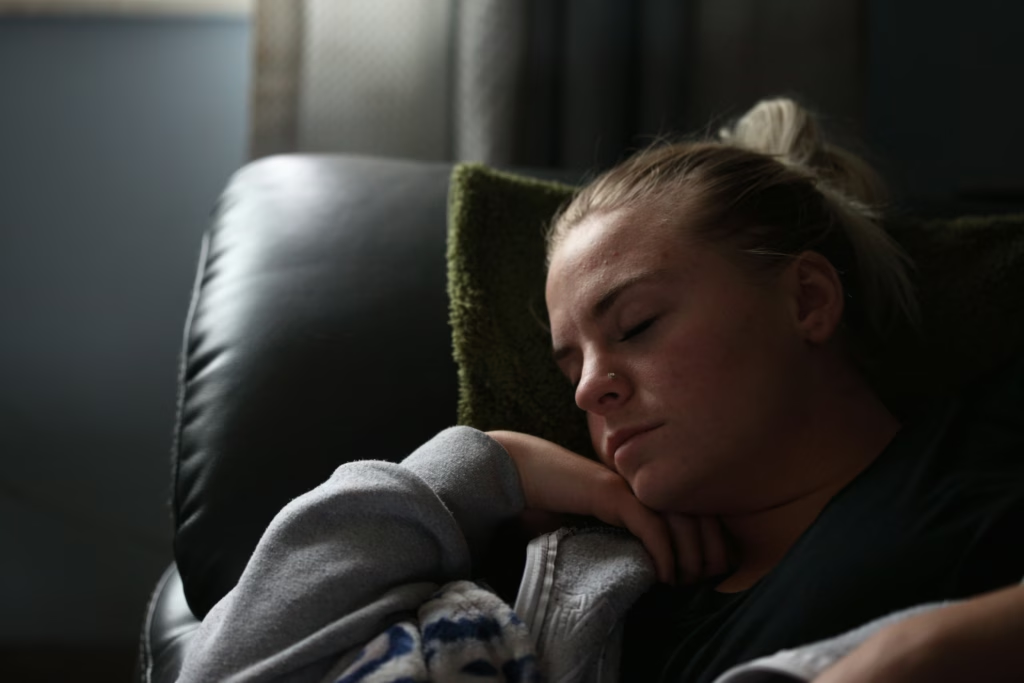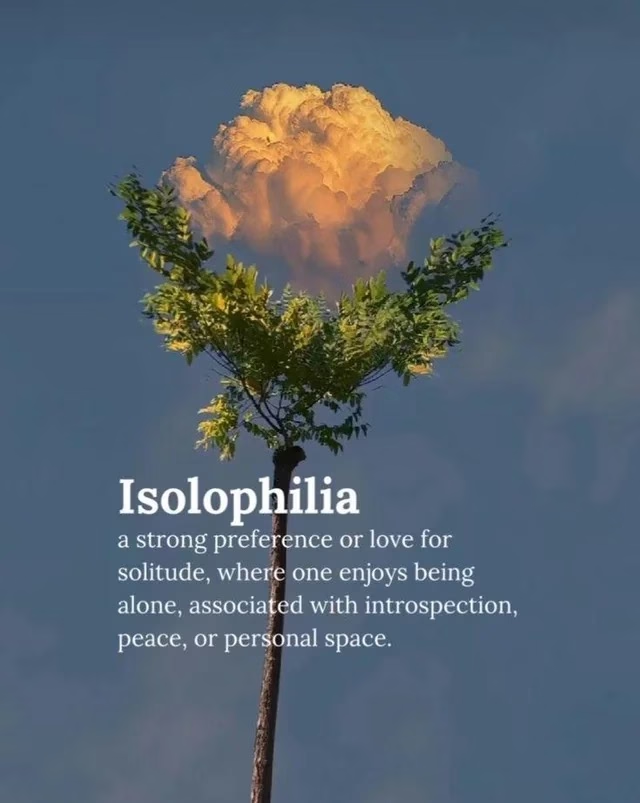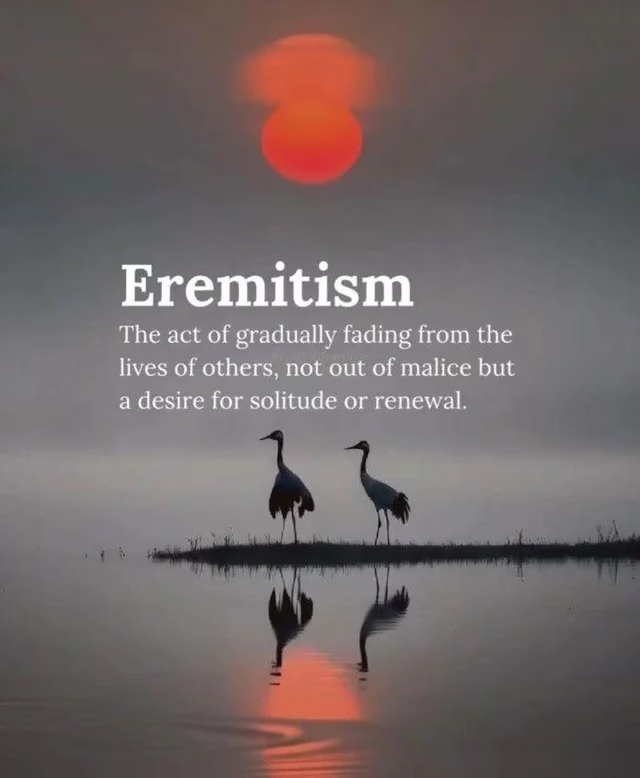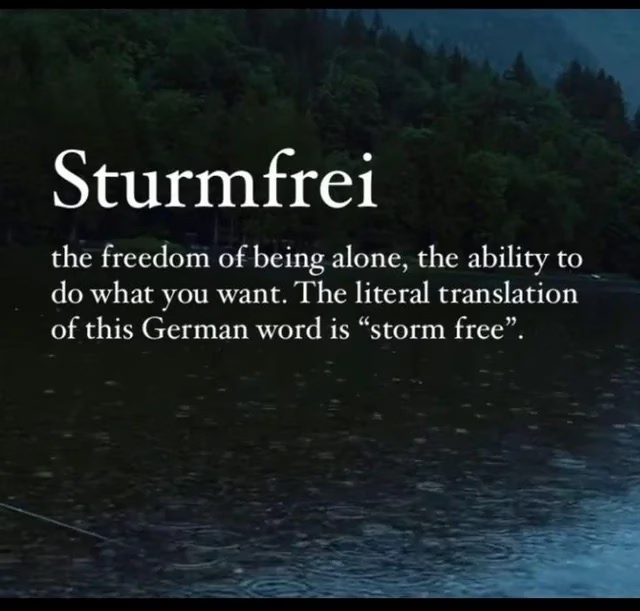Living alone can mess with your sense of progress. There’s no one to notice when you vacuum the living room, fold the laundry, or remember to defrost the chicken in time for dinner. No applause, no gold stars.
Lately, I’ve been noticing the small things. Not the big, flashy achievements—just the little markers that remind me: Hey, I’m doing okay. I am adulting successfully. YAY ME!
- I put the laundry away the same day I washed it.
- The bathroom sink isn’t growing a toothpaste crust.
- I remembered bin night without seeing my neighbour drag theirs out first.
- There are groceries in the fridge, and I know roughly what I’ll cook tonight. Tomorrow night too.
- I watered the houseplants before they started to look sad and droopy
- I changed the sheets last week… and I might do it again this week, because the second set is already washed and dried and folded (even the fitted sheet) and away where they belong.
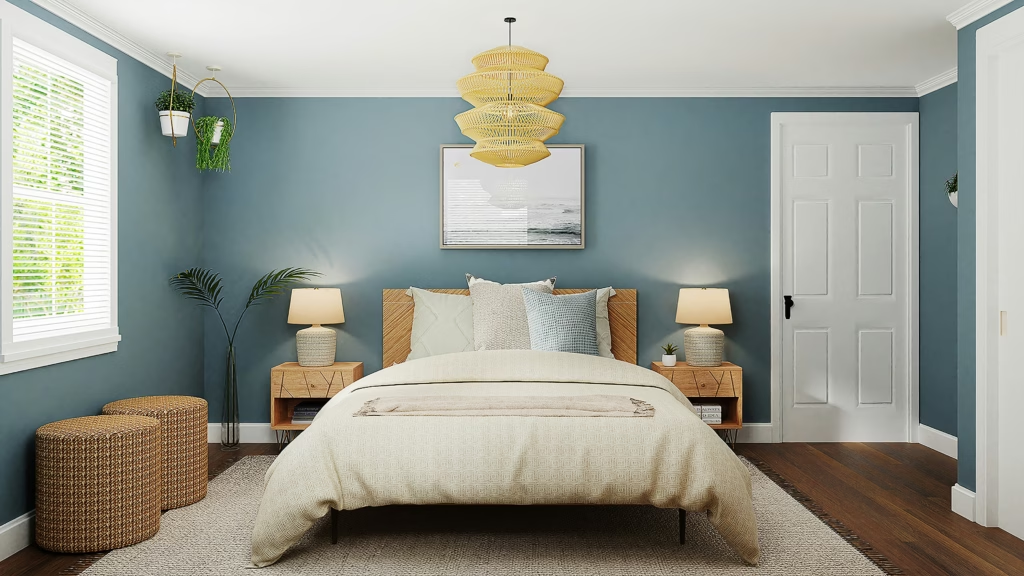
I know that these aren’t huge accomplishments; they’re quietly affirming. They say: I’m functioning. I’m caring for myself, my space, my rhythm.
It’s easy to overlook those wins when no one else sees them.That doesn’t they don’t matter. Especially when life’s a bit hectic, or you’re not feeling your best, or you’re just tired of being the only one responsible for everything. Those small victories are still victories.
The small losses though? They mound up. They compound.
If you’ve been living solo for a while, you might have already found that out. The dishes that sat in the sink for a couple of days longer than you’d like to admit, the sheets that went unchanged for, yeah, let’s just not mention how long.
The floordrobe. Don’t get me started on the floordrobe.
So if you’re reading this and thinking, “Yeah, I did some of that too”—that’s worth acknowledging. You’re showing up for yourself.
You’re doing better than you could be.
Well done.
